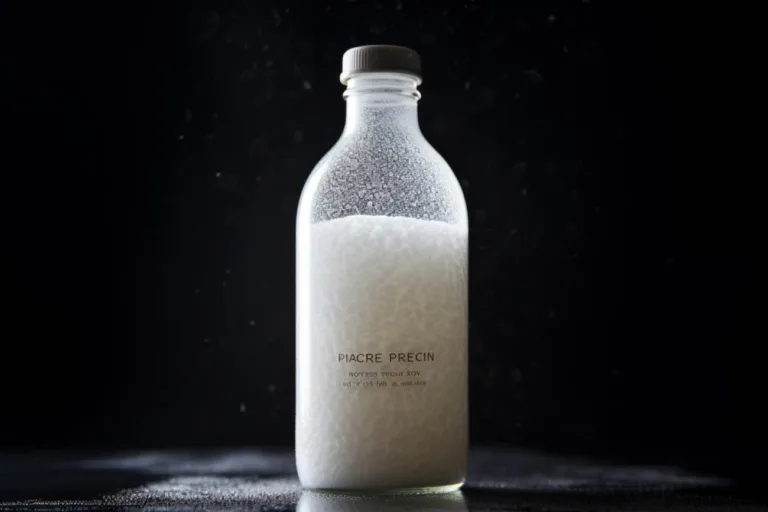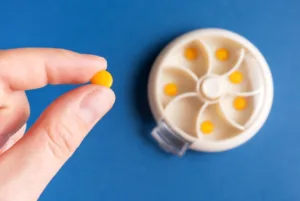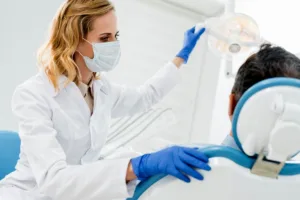Propylparaben is a commonly used chemical compound in various industries, including cosmetics, pharmaceuticals, and food. In this article, we will explore the properties, uses, safety considerations, and potential alternatives to propylparaben.
What Is Propylparaben?
Propylparaben, also known as propyl p-hydroxybenzoate, is a synthetic compound derived from paraben, which is a class of chemicals commonly used as preservatives in various products. It is chemically represented as C10H12O3 and is usually found in the form of white, odorless crystals.
Uses of propylparaben
Propylparaben is primarily used as a preservative due to its ability to inhibit the growth of microorganisms such as bacteria and fungi. It is added to a wide range of products to extend their shelf life, including:
- Cosmetics: Propylparaben is commonly found in cosmetics such as creams, lotions, shampoos, and makeup products to prevent the growth of harmful bacteria and mold.
- Pharmaceuticals: It is used in some medications to maintain their stability and effectiveness over time.
- Food: In the food industry, propylparaben is occasionally added to certain products, although its use in food is more limited compared to other parabens.
Is Propylparaben Safe?
There has been ongoing debate and research regarding the safety of parabens, including propylparaben. Some concerns have arisen due to their potential to mimic estrogen, a hormone in the body. However, regulatory agencies such as the U.S. Food and Drug Administration (FDA) and the European Commission’s Scientific Committee on Consumer Safety (SCCS) have conducted evaluations and set limits on the use of parabens in cosmetic and pharmaceutical products.
It’s essential to note that the safety of propylparaben depends on its concentration and the specific product it is used in. In cosmetics, the concentration is typically low and considered safe for topical use. However, some individuals may develop skin sensitivities or allergies to parabens, so patch testing is recommended for those with sensitive skin.
Alternatives to propylparaben
Due to concerns about parabens, including propylparaben, many manufacturers have started to explore alternative preservatives. Some common alternatives include:
- Phenoxyethanol
- Potassium sorbate
- Sodium benzoate
- Natural preservatives like rosemary extract and grapefruit seed extract
These alternatives are often chosen for their lower risk of causing skin sensitivities or hormone disruption compared to parabens.
Is propylparaben harmful to the skin?
Propylparaben is considered safe for topical use in cosmetics when used within established concentration limits. However, some individuals with sensitive skin may experience allergies or skin irritations. It’s advisable to perform a patch test if you have concerns about skin reactions.
Are there health risks associated with propylparaben?
The health risks associated with propylparaben are a subject of ongoing research and debate. Regulatory agencies have set limits on its use in cosmetics and pharmaceuticals to ensure safety. While concerns have been raised about its estrogenic activity, the available evidence does not conclusively prove harm at typical usage levels.
What are some natural alternatives to propylparaben?
Natural alternatives to propylparaben include preservatives like rosemary extract and grapefruit seed extract. These are often chosen by manufacturers seeking alternatives to synthetic preservatives while minimizing potential risks.
Is propylparaben banned in any countries?
As of the last available information (September 2021), propylparaben is not banned for use in cosmetics or pharmaceuticals in most countries, including the United States and European Union. However, regulations and restrictions may vary, so it’s essential to check the specific regulations in your region for the most up-to-date information.
Zobacz także:






